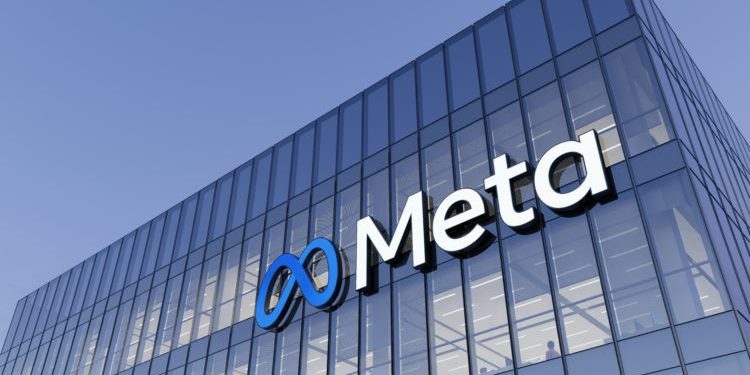American tech giant, Meta, has disagreed with the decision taken by the Nigeria Federal Competition and Consumer Protection Commission (FCCPC) on Friday, imposing a hefty fine on the company over data privacy violations.
- A Meta spokesperson said that the company co-operated with the authority during the investigations and intends to appeal the decision.
- The FCCPC investigated the company between May 2021 and December 2023, alongside the Nigeria Data Protection Commission (NDPC), and found out that Meta had appropriated personal information of users without consent.
- The FCCPC, determining Meta’s violation of relevant laws, fined the company US$ 220 million, equivalent to 300 billion Naira as penalty for the exploitation of market dominance.
“In 2021, we explained to users globally how talking to businesses, among other things, would work, and while there was a lot of confusion then, it’s actually proven quite popular. We disagree with the decision today as well as the fine, and we are appealing the decision,” the Meta spokesperson said.
FCPCC also accused Meta of denying customers an opportunity to agree whether or not to have their data shared with other parties. This, they said, was tantamount to improper conduct. The commission also said that the final order was arrived at after careful consideration of evidence and refutations provided by the company.
“The final order of the commission mandates steps and actions Meta parties must take to comply with the prevailing law and cease the exploitation of Nigerian consumers and their market abuse,” the FCCPC said in a statement.
Not the first time…
Meta owns some of the world’s most popular social media platforms, including Facebook, Instagram, and Whatsapp. This market dominance has been scrutinised across various jurisdictions – the company facing accusations ranging from data privacy violations to shadow banning politically incorrect content.
In 2018, the company was exposed for collaborating with Cambridge Analytica, illegally mining data from Facebook users across the world. The scandal prompted an apology from Meta’s CEO, Mark Zuckerberg, who promised to adjust app permissions to prevent obtaining too much user information. The company was fined US$ 5 billion by the US Federal Trade Commission in 2019 following the Cambridge Analytica involvement.
Then followed the cascading charges on the company. A data violation lawsuit in 2022 against the company, filed by the UK government, which they agreed to settle amicably. Meta was also fined US$ 400 million by the European Union (EU) in January this year for forcing users to consent on receiving personalized ads based on their online activity.
In May last year, the European Union (EU) fined Meta US$ 1.3 billion for violating data protection rules. Earlier this year, a European Consumer rights protection group accused Meta of the same charge leveled against the company by the Nigerian FCCPC. The company also faces a US$ 18.6 million fine in the Turkish jurisdiction for improper linkage of data across Whatsapp, Instagram, and Facebook – which oversteps the country’s anti-trust laws.
In June this year, Meta allowed content creators in Kenya and Nigeria to monetize their content. The move was occasioned by the growing competition in the African content creation space, with TikTok raking more popularity with continental influencers. However, Meta’s immense market share has brought about a litany of concerns about unfair advantage over smaller platforms and the unchecked power of giant tech companies.




